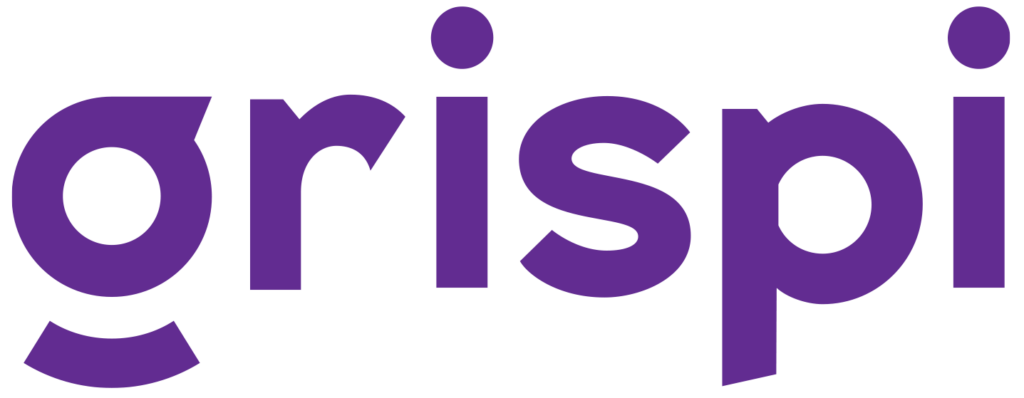How to Leverage CRM Analytics for Better Sales Performance
- December 23, 2023
CRM analytics help businesses understand and optimise their customer relationship management processes. We have examined how to use CRM analytics to achieve better sales performance.
Sales Funnel Analysis

Performing sales funnel analysis with CRM helps businesses to better understand and optimise the buying process of potential customers. The steps to perform sales funnel analysis using CRM are as follows;
- Collecting Customer Information: It is important to collect prospect information in your CRM system. These include data such as customer profiles, contact history, purchase history, etc.
- Identifying Sales Funnel Stages: Identify the stages of the sales funnel. Typically, you can think of leads from the awareness stage to the loyalty stage. These stages usually include; Awareness, Interest, Evaluation, Decision and Purchase.
- Recording Customer Interactions: Record interactions with the potential customer through the CRM system. These records may include phone calls, email interactions, website visits, social media interactions and other types of communications.
- Tracking Progress through the Sales Funnel Stages: Track which stages leads are in through CRM analytics.
- Review Sales Funnel Statistics: Review sales funnel statistics through CRM analytics reports. These include the number of leads passing through each stage, conversion rates, average time and other important metrics.

- Potential Customer Assessment: Evaluate each prospect and determine where they are in the sales funnel.
- Reviewing Customer Feedback: The CRM system provides the ability to record customer feedback; You can improve your sales process by taking into account feedback from prospects and existing customers.
- Optimizing Sales Funnel Stages: CRM analytics provide important insights to make improvements at the sales funnel stages. You can optimize your process by identifying at which stages customers are more likely to get stuck or lost.
- Training and Development: CRM analytics can be used to evaluate the performance of sales representatives and identify training needs. Training and development programs can help your sales team to be effective at every stage of the sales funnel.
- Iteration and Continuous Improvement: Learn from the results obtained through CRM analytics and develop continuous improvement strategies. By periodically iterating and optimizing the sales funnel analysis process, you can achieve better results.
Sales Representative Performance
Sales representative performance can be measured through CRM systems. These systems are used to measure critical factors such as reps’ achievement of sales goals, managing customer communications, tracking sales activities, assessing progress through the sales funnel stages and tracking customer satisfaction.
In addition, CRM analytics track performance metrics such as how agents convert leads, their participation in sales campaigns and the success of those campaigns. This data helps businesses evaluate agent performance and make strategic decisions.
Customer Segmentation and Profile Analysis

Customer segmentation and profile analysis can be measured effectively through CRM systems. This process is realised through data analytical tools integrated into the CRM system. CRM identifies customer segments by monitoring customer behaviour, habits and demographic characteristics. Profile analysis is used to understand customer profiles in more detail.
CRM systems identify customer groups with specific characteristics based on customer data and enable the development of marketing strategies specific to these segments. In addition, it provides valuable insights to businesses in increasing customer satisfaction, creating personalised campaigns and determining more effective marketing strategies.
Customer Behavior Analysis
CRM provides important data to understand shopping habits, product preferences and brand loyalty by recording customers’ online and offline interactions in detail. These systems identify customer behaviour by analysing data such as website visits, purchase history, campaign responses and interactions with customer service.
With customer behaviour analysis, businesses can create personalised marketing strategies, improve customer experience and increase customer satisfaction.
Evaluating Sales Opportunities

The evaluation of sales opportunities is realized through CRM systems. CRM is an important tool for identifying and capitalizing on potential sales opportunities.
The system identifies potential opportunities by analyzing customer interactions, progress through the sales funnel stages, customer demands and other relationship data. This data helps businesses understand which opportunities are more likely and helps the sales team best direct their efforts.
Sales representatives evaluate and prioritize potential opportunities through CRM and determine their strategies accordingly. Thus, businesses can sell more effectively.
Sales Conversion Rates
Sales conversion rates are monitored to determine how effectively leads convert at different stages of the buying process. CRM calculates these rates by recording the path that potential customers take from the interest stage to the purchase stage.
By examining these conversion rates through CRM, the sales team understands which strategies are more effective and optimises sales processes when necessary. Sales conversion rates help businesses make strategic decisions to increase sales performance and improve conversion rates.
Interaction and Communication Analysis

CRM records interactions with customers and analyses the type, frequency and results of these interactions. Data from phone calls, e-mail interactions, social media interactions and other communication channels are used in this analysis.
In this way, businesses can optimise their communication strategies by evaluating which communication channels are more effective, which messages receive better response and the overall satisfaction level of customer interactions.
Product and Service Performance Analysis
CRM analyses data such as customer feedback, sales volumes and customer demands to determine which products or services are more in demand. Customer satisfaction and return rates are also part of this analysis.
This information provides businesses with important insights into optimising their product and service portfolios, managing stock according to demand and responding more effectively to customer needs.
This is how we can summarize the ways to achieve better sales performance by leveraging CRM analytics. With its easy-to-use simple interface and advanced reporting fields, you can use Grispi to increase your sales performance. For a 14-day free trial you can contact us.
Contact Us
Fill out the form for detailed information and demo account, let us call you.
